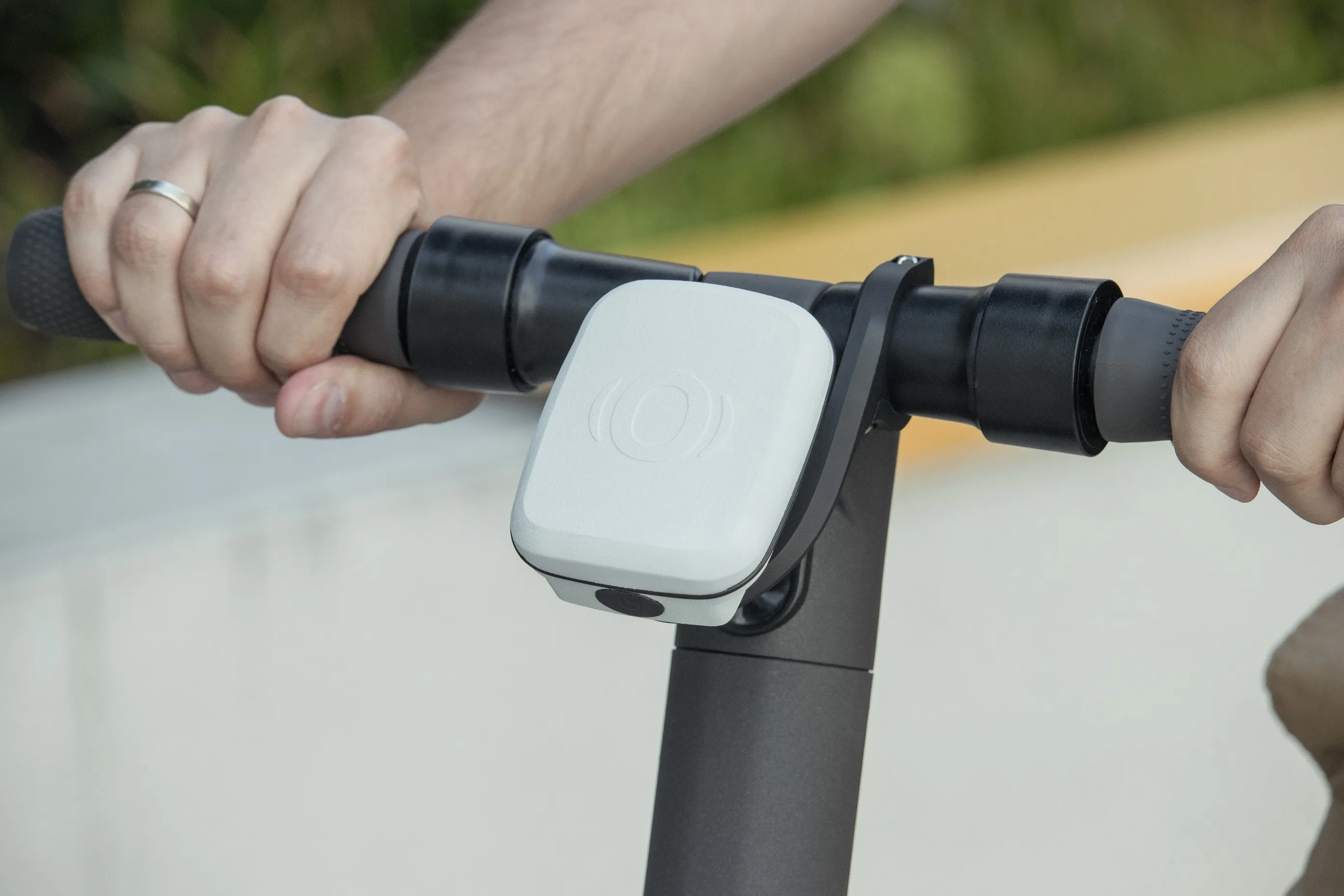Released to support the Brake Road Safety Week from 23 to 29 November 2015, a survey by Venson Automotive Solutions, aimed at understanding drivers’ approach to road safety found that 24 per cent of respondents felt that being ‘more patient’ would help with road safety while driving, with ‘giving themselves more time for journeys’ coming second at 20 per cent. Encouragingly, 75 per cent in the Venson poll said they would, occasionally, leave their car at home to cut pollution.
This year’s BrakeRoad Safet
November 26, 2015
Read time: 2 mins
Released to support the Brake Road Safety Week from 23 to 29 November 2015, a survey by Venson Automotive Solutions, aimed at understanding drivers’ approach to road safety found that 24 per cent of respondents felt that being ‘more patient’ would help with road safety while driving, with ‘giving themselves more time for journeys’ coming second at 20 per cent. Encouragingly, 75 per cent in the Venson poll said they would, occasionally, leave their car at home to cut pollution.
This year’s BrakeRoad Safety Week asks everyone to ‘drive less, live more’, and encourages people to consider how they use the roads and to walk, cycle or use public transport instead of just jumping in the car.
Driving slower in bad weather conditions was the third highest answer in the Venson research; sticking to the speed limit came in fourth, followed by staying further back from other vehicles and paying more attention to other road users. Surprisingly, giving cyclists more room when overtaking received only one per cent of the vote.
Samantha Roff, managing director for Venson Automotive Solutions, comments, “BRAKE Road Safety Week offers motorists and other road users a time to reflect on the small changes they can make to boost safety for everyone. It’s clear that people are willing to make some changes to help make the roads safer and cut pollution. Sometimes it’s the little things we do that make the biggest difference.”
This year’s BrakeRoad Safety Week asks everyone to ‘drive less, live more’, and encourages people to consider how they use the roads and to walk, cycle or use public transport instead of just jumping in the car.
Driving slower in bad weather conditions was the third highest answer in the Venson research; sticking to the speed limit came in fourth, followed by staying further back from other vehicles and paying more attention to other road users. Surprisingly, giving cyclists more room when overtaking received only one per cent of the vote.
Samantha Roff, managing director for Venson Automotive Solutions, comments, “BRAKE Road Safety Week offers motorists and other road users a time to reflect on the small changes they can make to boost safety for everyone. It’s clear that people are willing to make some changes to help make the roads safer and cut pollution. Sometimes it’s the little things we do that make the biggest difference.”








